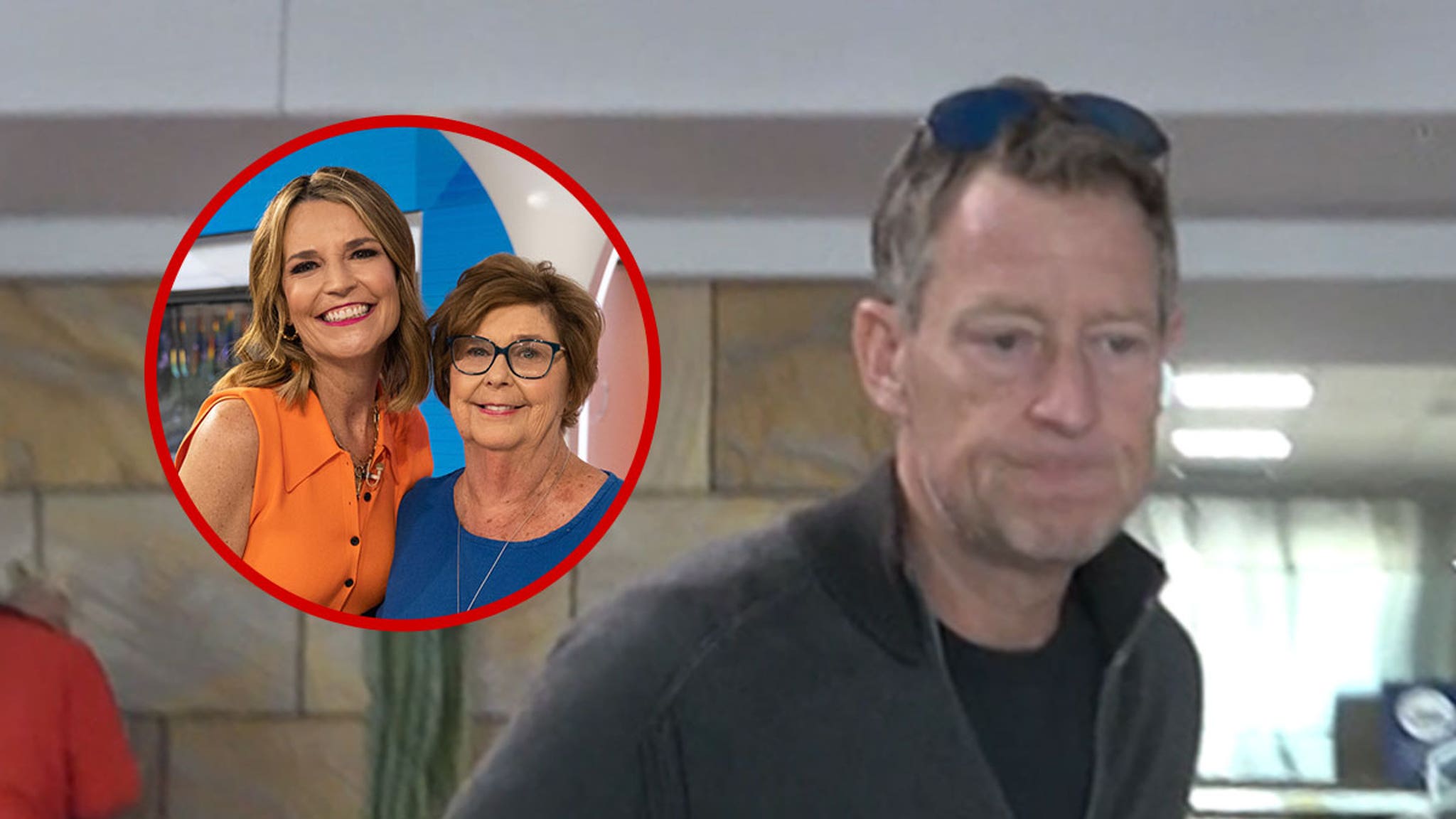An antique shop in North Fort Myers, Florida, reportedly displayed a real human skull as a Halloween decoration and placed it for sale.
RELATED STORIES: Pregnant Woman Convinced By Faith Healer That Hammering A Nail In Her Skull Would Result In A Baby Boy
Beth Meyer, the managing partner at Paradise Vintage Market, placed the skull on display in September and set a price of $4,000. According to the Washington Post, an anthropologist walked into the shop and informed Meyer that the skull was real and possibly belonged to a Native American. They also reported it to the Lee County Sheriff’s Office, and the department said on their Facebook post that detectives removed the skull from the shop.
“The shopper, who happened to be an anthropologist, noticed the skull in the Halloween section and recognized it to be human.Detectives responded to the store on North Cleveland Avenue and recovered the skull. Based upon the observations of detectives on scene, the skull is believed to be that of a human,” the post reads.
RELATED STORIES: Doctors Say TikTok ‘Skull Breaker Challenge’ Could Be Fatal
“The store owner said the skull was located in a storage unit that was purchased in years prior. The Lee County Sheriff’s Office will work in conjunction with the District 21 Medical Examiner’s Office to facilitate further testing of the skull. This case is not suspicious in nature.”
It is a first-degree misdemeanor to sell human remains in Florida, and Meyer said she was aware that the skull was authentic but didn’t know that it was Native American. She and her business partner purchased a storage unit from a customer in September 2022 and thought she only bought rocks. Meyer found the skull in April while moving the store to a new location but was aware it was real because she had previous experience with bones, fossils, and plaster casts.
The Native American Graves Protection and Repatriation Act prevents the distribution and sale of Native American remains. Additionally, it is required for the remains to be returned to their descendants, tribe officials, or traditional religious leaders.
If no known lineal descendants or culturally affiliated tribes or organizations exist, the items may be disposed of following NAGPRA regulations. NAGPRA has been a landmark piece of legislation protecting Native American cultural heritage. It has helped to repatriate thousands of Native American human remains and objects, and it has also helped to educate the public about the importance of Native American culture.






